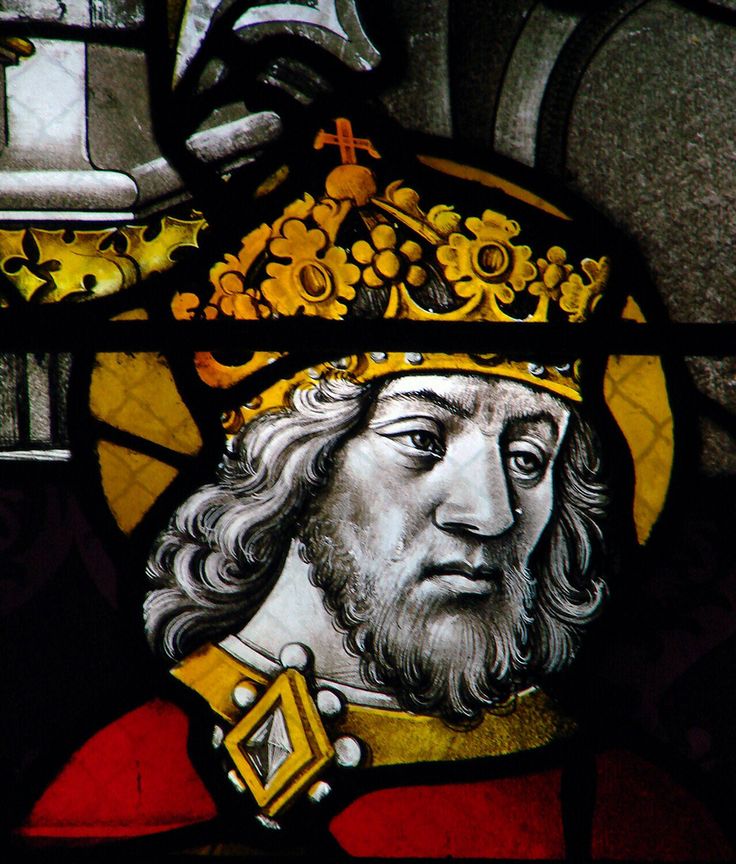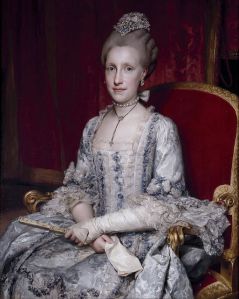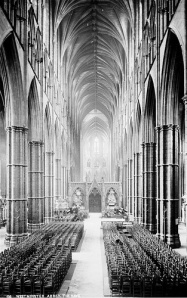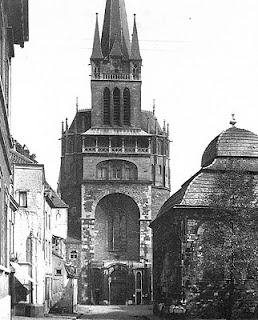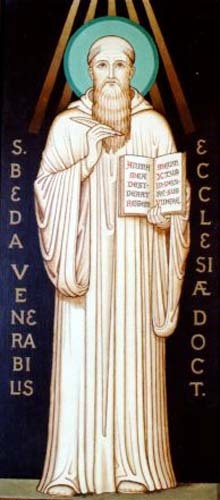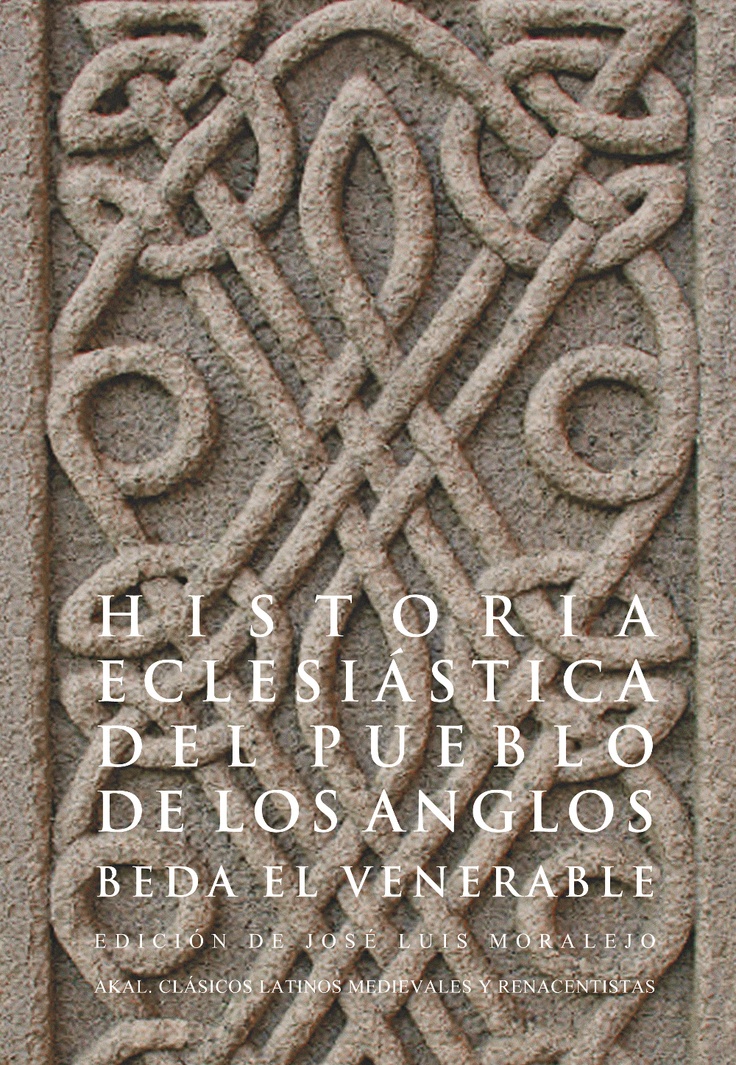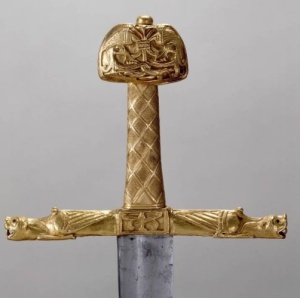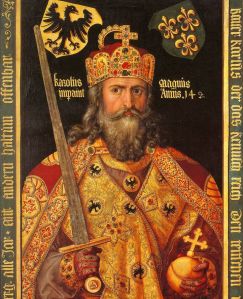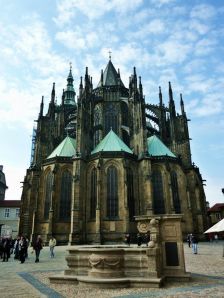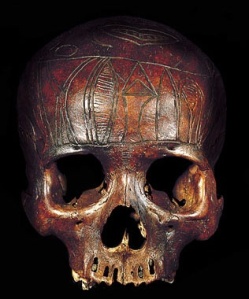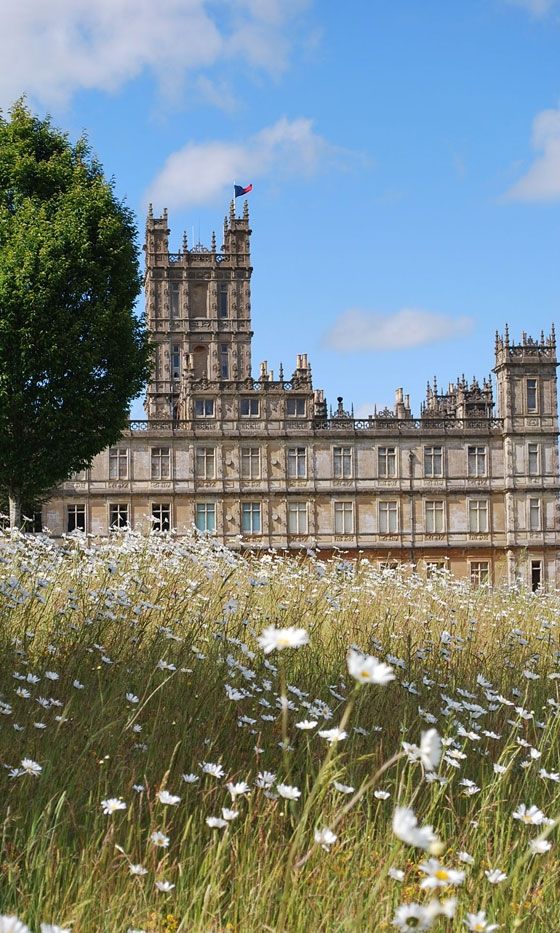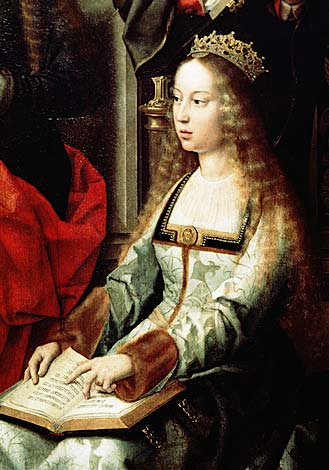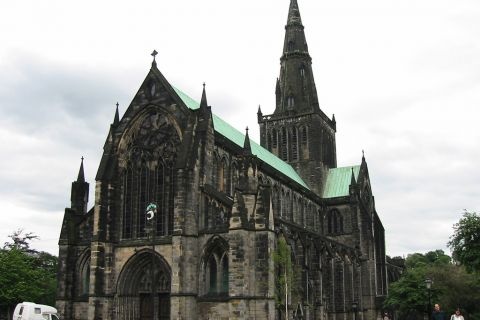England. Name
England. Name
Traducción español inglés de palabra o frase: nº 32
‘PASEO’ = ‘WALK’: dimos un paseo, we went for a walk
Nombre
En la actualidad, esta isla, siguiendo el número de libros en los que está escrita la ley divina, contiene cinco naciones: las de los ingleses, los bretones, los escotos, los pictos y los latinos, y cada una de ellas cultiva en su lengua particular el estudio sublime de la verdad divina.2
Al terminar el mandato romano sobre Britania, (la parte sur de Gran Bretaña), la isla fue invadida, tanto por pueblos celtas procedentes de Escocia e Irlanda como por pueblos germánicos venidos de los actuales Países Bajos, Alemania, y Dinamarca, principalmente anglos, sajones y jutos. Estas tribus acabaron fusionándose entre sí y, en cierta forma, con la población local, principalmente los Britones, fundando una serie de reinos en el sureste de Britania. A esta zona le dieron los francos el nombre latino Anglae terra (‘Tierra de los anglos’), que más tarde pasó a utilizarse en la mayor parte de Europa. Posteriormente los propios ingleses tradujeron este nombre como England.
Es curioso que el nombre de este territorio varía dependiendo de dónde provenga la denominación: para los europeos continentales, el nombre de «Tierra de los anglos» fue el que perduró, aún cuando los anglos estaban más al norte que los reinos sajones en la isla. Sin duda alguna, influyó el hecho de que los reinos anglos de Northumbria, Mercia y Anglia Oriental abarcaban el 80% del territorio de la Heptarquía y a ellos correspondió la supremacía política durante los siglos VI y VII, especialmente durante los reinados de Edwin de Northumbria y de Penda y Offa de Mercia. A esta supremacía política de los anglos se unió una primacía cultural, pues los monasterios de Northumbria, especialmente el de Lindisfarne, se convirtieron en centros culturales de primer orden, de donde surgieron grandes figuras como Alcuino de York y Beda el Venerable, que tuvieron una gran influencia en el desarrollo de la cultura de la Europa merovingia y carolingia. Además, concurría un hecho que jugaba en contra de una hipotética Saxonland: y es que en el continente, en la frontera oriental del reino de los francos, se asentaba el pueblo de los sajones continentales, que tras ser sometido por Carlomagno, se integró en el Imperio carolingio y posteriormente en el Sacro Imperio. El uso de los términos Anglia y angli esquivaba molestas homonimias y evitaba la posibilidad de confundir a los anglosajones con los sajones del Continente.
En el marco de los propios anglosajones, la Historia Eclesiástica Gentis Anglorum de Beda el Venerable marca una tendencia. En esta obra, las palabras angli, angelfolc y gentis anglorum se utilizan en un doble sentido: en un sentido amplio, designan a todos aquellos pueblos de lengua germánica que invadieron Gran Bretaña a finales del siglo V y principios del VI, ya fueran anglos, jutos y sajones.3 En un sentido estricto, tales términos se referían exclusivamente a la tribu de los anglos, excluyendo a los jutos y los sajones. Esta terminología fue aceptada incluso por los sajones de Wessex, que a partir de Alfredo el Grande, se titulaban a sí mismos como Rex Saxonum et Anglorum (reyes de los anglos). Sin duda alguna, influyó el hecho de que a partir del tratado de Wedmore (878) y la conquista de Londres, amplias zonas habitadas por anglos cayeran en poder del rey Alfredo. Precisamente fue este monarca, el que, a pesar de ser sajón, hizo todo lo posible por patrocinar una identidad paninglesa entre los pueblos de habla anglosajona de Britannia.
En sus traducciones de las obras de Beda el Venerable se usa el vocablo englisc (inglés), y no saxisc (sajón), para referirse a la lengua anglosajona. Además, la expresión gentis Anglorum es traducida por Alfredo como con el vocablo Angelcynn (el pueblo de los ingleses). No en vano, los reyes de Wessex eran descendientes del legendario rey de los anglos Offa (no confundir con Offa de Mercia), que reinó en el Norte de Alemania siglos antes de la gran migración a Britannia. Los reyes de los anglosajones, dueños ya a partir de Athelstan de toda Inglaterra, adoptaron diferentes títulos como Rex Angulsæxna (rey de los anglosajones) o Rex Anglorum (rey de los ingleses) y finalmente en el siglo XI la última expresión se consolidó, y el vocablo «ingleses» desplazó definitivamente al de «sajones».
En las lenguas celtas, el nombre de los sajones fue el que tuvo mayor arraigo, como por ejemplo: Sasana en gaélico irlandés; Sasainn en gaélico escocés; Lloegr para el territorio, pero saeson como gentilicio, en galés y bro-saoz en bretón.
****************************************************************
Name
Today, this island, following the number of books in which the Divine law is written, contains five nations: those of the English, Britons, the Scots, the Picts and Latinos, and each of them grown in their particular language the sublime study of Divine truth.
At the end of the term Roman on Britain , (the southern part of Great Britain ), the island was invaded by both peoples Celts from Scotland and Ireland as Germanic peoples come from the current Netherlands , Germany and Denmark , mainly Anglo , Saxons and Jutes . These tribes eventually merged together and, in a way, with the local population, mainly Britons and founded a series of kingdoms in southeast Britain. This area gave the Franks name latino Anglae terra (“land of the Angles’), who later went on to be used in most of Europe . Subsequently the English themselves translated this name as England.
Interestingly, the name of this territory varies depending on where it comes from the name: for continental Europeans , the name of “Land of the Angles” was that persisted even when Anglos were farther north than Saxon kingdoms in the island . Undoubtedly influenced the fact that Anglos kingdoms of Northumbria , Mercia and East Anglia covering 80% of the territory of the Heptarchy and they corresponded political supremacy in the sixth and seventh centuries, especially during the reigns of Edwin of Northumbria and of Penda and Offa of Mercia . This political supremacy of whites joined a cultural primacy, as the monasteries of Northumbria, especially that of Lindisfarne, became prime cultural centers, from which emerged greats like Alcuin and Bede , who had a great influence on the development of the culture of Europe Merovingian and Carolingian . Also concurred fact playing against a hypothetical Saxonland: is that on the mainland, on the eastern border of the kingdom of the Franks, the people of the continental Saxons, who after undergoing was settled by Charlemagne , joined the Carolingian Empire and subsequently the Holy Roman Empire . The use of terms and Anglican Anglia dodging pesky homonyms and avoided the possibility of confusing the Anglo Saxons of the Continent.
Under the Anglo-Saxons themselves, Ecclesiastical History Gentis Anglorum of Bede mark a trend. In this work, the Anglican words angelfolc and Anglorum gentis are used in two ways: in a broad sense, designate those peoples of Germanic language that invaded Britain in the late V century and early VI , whether Anglo, Jutes and Saxons. In a strict sense, these terms are related exclusively to the tribe of the Angles, excluding Jutes and Saxons. This terminology was accepted even by the Saxons of Wessex, that from Alfred the Great , were entitled themselves as Rex Anglorum et Saxonum (kings of the Angles). Undoubtedly influenced by the fact that from the Treaty of Wedmore ( 878 ) and the conquest of London, vast areas inhabited by Anglos fall into the power of King Alfred. It was precisely this monarch, who, despite being Saxon, did everything possible to sponsor a paninglesa identity among the Anglo-speaking peoples of Britannia.
In his translations of the works of the Venerable Bede englisc the term () is used, and no saxisc (Saxon), to refer to the Anglo-Saxon language. Furthermore, the expression gentis Anglorum is translated by Alfredo as the word Angelcynn (the people of the English). Not surprisingly, the kings of Wessex were descendants of the legendary King Offa of the Angles (not to be confused with Offa of Mercia), who reigned in Northern Germany centuries before the great migration to Britannia. The kings of the Anglo-Saxons, and owners from across England Athelstan, adopted different titles as Angulsæxna Rex (King of the Anglo-Saxon) or Rex Anglorum (King of the English), and finally in the eleventh century the last expression was consolidated, and the word ‘English’ definitely shifted to that of ‘Saxon’.
In the Celtic languages , the name of the Saxons was the one who had more roots, such as: Sasana in Gaelic Irish; Sasainn in Scottish Gaelic ; Lloegr for the territory, but saeson as adjective in Welsh and bro-SAOZ in Breton .

